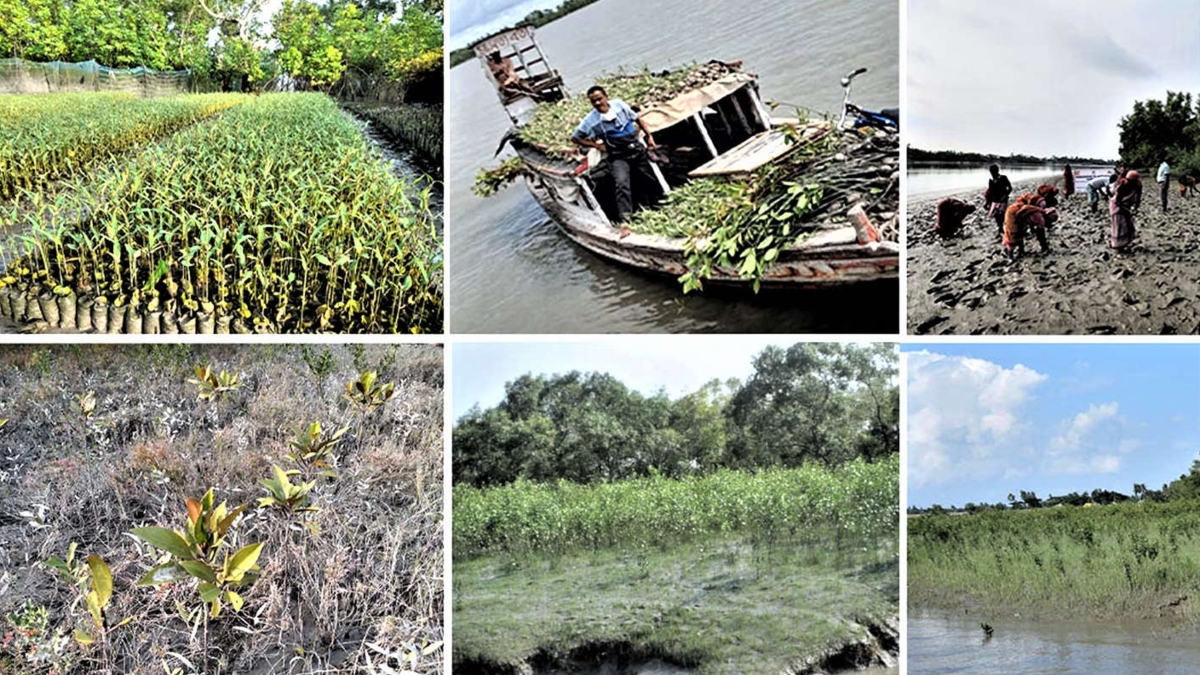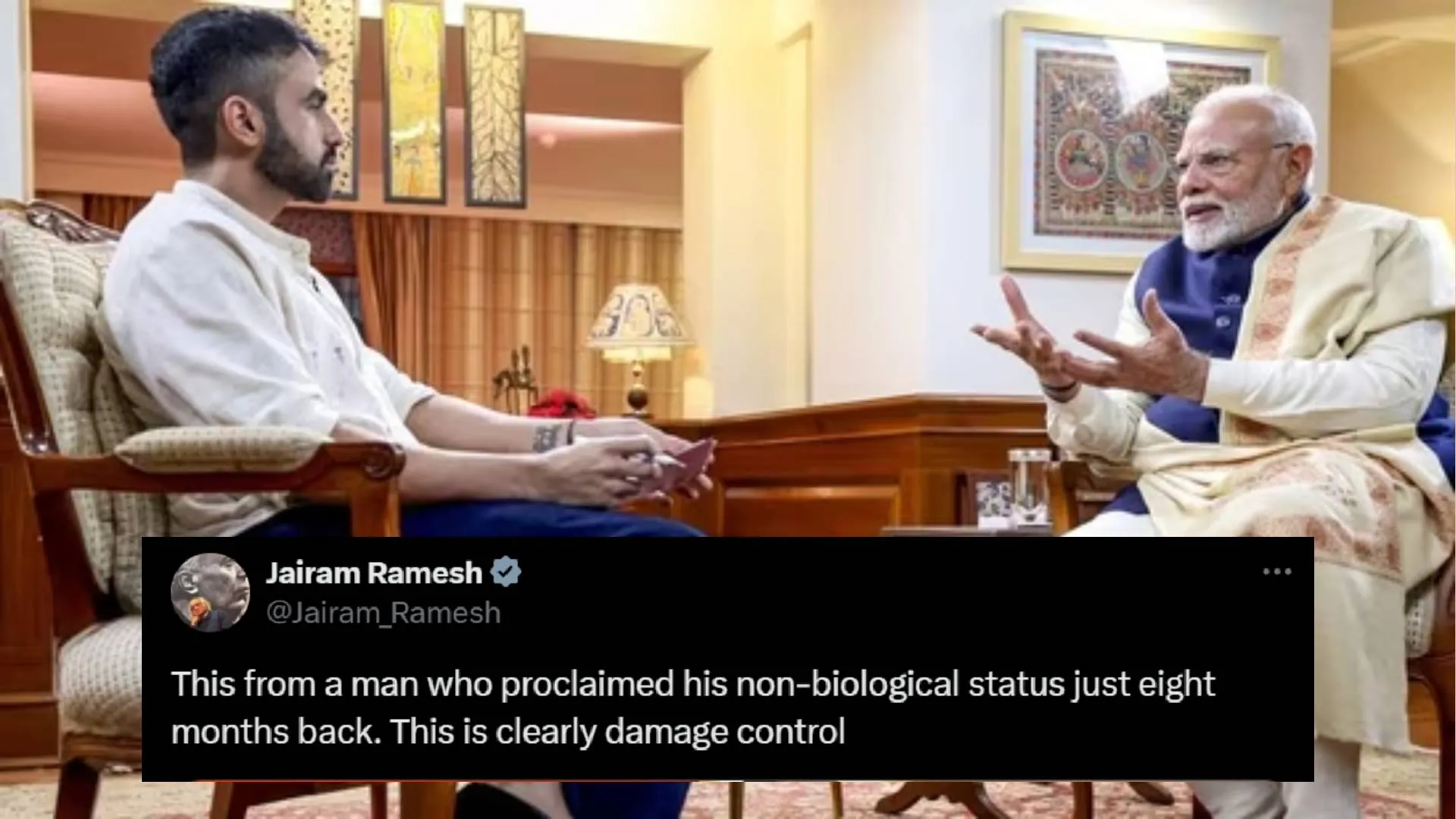We all have heard many times that environmental advocates and sustainability enthusiasts say that we should be “voting with our wallets.” We, as consumers, have the power to change the marketplace and the world by selecting sustainable brands that care about people and the world. On the surface, that sounds like a fantastic idea. Such consumer action can put a lot of pressure on businesses to change their operating models and practices.

Lowsoot has launched a Crowdfunding drive to support green projects to reduce carbon footprints
It can signal institutional investors about many types of businesses that consumers are fascinated to and are therefore worth investing in. It can boost sustainably minded entrepreneurs to flip their ideas into reality. Many companies face many risks due to climate change’s impact on crops, water availability, and extreme weather conditions; there are also opportunities. One area of opportunity is reducing the GHG emissions that result from business operations to reduce the company’s impact on the planet and improve bottom-line profitability by becoming more energy efficient. Many companies are committed to reducing their contribution to future GHG emissions, decreasing the likelihood of the risks. Another opportunity to mitigate the impact of climate change on a company’s business operations is improving water sustainability and water usage practices. Water is essential to any companies’ core business as it is a required input of the production process for many of the commodities used. The efforts in improving water sustainability extend to both its owned operations (plants) and supply chain partners. Some methods to help our Climate:
1. Voting with our wallets still motivates us to buy things. It never helps us take a step back and rethink our chronic and often frivolous consumerism that is bound to many issues, including pollution, which is happening due to plastic, overflow of the landfills, and products cradle-to-grave carbon emissions.
2. There is an imminent equity and accessibility issue since sustainable products are many times significantly more costly than conventional products. The communities are disproportionately impacted by unsustainable businesses. Practices are the poorest who do not have much money to vote with their wallets. green projects to reduce carbon footprints even for all of us, we know from research that if choices are not obvious and easy, we will default to what we are used to or is appropriate which sustainable products are not.
3. It incentivizes businesses not to become more sustainable but to signal more sustainability. So there is a real risk that voting with our wallets can backfire and lead to more greenwashing and another ideal signalling (like many companies claim that Black Lives Matter when they are not making meaningful change).
4. It places the load on consumers, not businesses. Consistent with economic theory, the belief is that:
a) Consumers have lots of time to weigh different options and can
b) Obtain exact information to make the right choice both of which are not real. In the real world, it is never easy to find out which brands are actually sustainable because identifying and buying sustainable products is not an easy task.
5. It is almost impossible to buy a truly sustainable product for some product categories i.e., laptops and smartphones. This is because the actual extraction and mining of the minerals required to build products is mainly outsourced and is far from the company by multiple degrees.
6. People who care the most about being sustainable end up removing themselves from economic activity and abstaining from voting altogether. These individuals are the ones who are likely to live off the grid, grow their own food, and not drive or fly or use the internet. Regardless of their admirable demonstration of sustainable living, they are not able to drive much change because they have desolate the technologies and tools that enable them to raise awareness and make an impact. Meanwhile, people who do not care about sustainability will continue to buy whatever products satisfy them.
To be clear, the point is not that voting with our wallets is absolutely a bad idea that we should get rid of. People who have the luxury to vote with their wallets should do their best to choose sustainable products. It is also important to recognize that individual-level action is not enough to fight climate change and transform shareholder capitalism into stakeholder capitalism. This bottom-up effort cannot instigate a good shift at the required pace to avoid a catastrophic future.
Additionally, we should be aware that voting with our wallets is absolutely the kind of idea that business interests want to sell to the public that consumers should be worried about reducing their individual carbon footprint and let the market solve the problem on their own, rather than calling on policymakers to mandate sustainable practices on businesses.
Being mindful of our individual actions and their impact on people and the planet should be the baseline. But we need to make sure that we are not disturbing ourselves and taking essential resources away from efforts to create systemic change. We should make changes in the policy so that the primary responsibility for sustainability falls on businesses rather than on consumers.
Here are some measures that we can do to not only be better consumers but also better citizens:
1. Organize or join a group and push for systemic change. Take individual actions that can make a difference if we leverage them to influence others and build momentum.
2. Think about ways to vote with our wallets creatively. When something breaks, we can use our wallets to repair it instead of buying a new product. You can rent instead of purchasing a product, especially if it is something we will not use frequently.
3. While we should do our best to educate ourselves and buy sustainable products, we should not feel guilty if we cannot do it all the time. Use your time and mental bandwidth wisely there are likely other, potentially more impactful ways for us to contribute to promoting sustainability.
4. It’s time to remind ourselves that we are not just consumers. We are citizens first and foremost. And be thoughtful about your actions; we have the power to make meaningful change with or without our wallets.
The author is the Founder & CEO of Lowsoot, India’s leading environmental startup company.






















